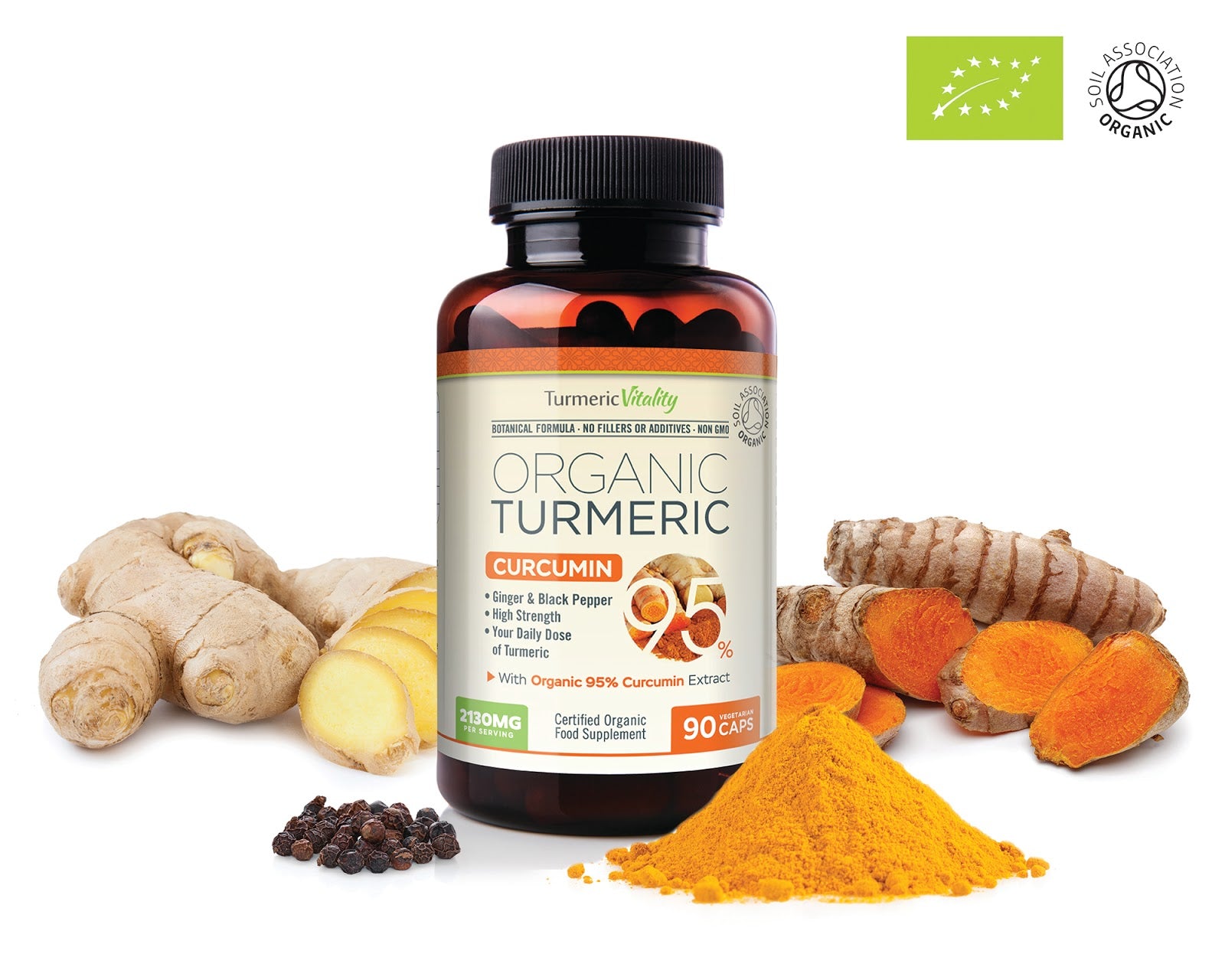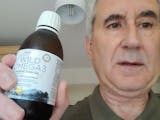How to Choose the Right Oil
To reap the full benefits of black seed oil, here are a few specific things to remember when choosing a product:
-
Choose an organic black seed oil. Organic products mean higher levels of antioxidants with no chemical fertilizer or pesticide residue. To ensure that organic products were used, look for a label that says “certified organic by the Soil Association”.
-
Cold Pressed .The method of preparation of black seed oil can have a significant impact on its potency. Specifically, most manufacturers of black seed products use heat to extract the oil. This method of extraction can damage thymoquinone and other beneficial compounds in black seed making it less effective.
-
Protective glass bottle. Aside from the method of preparation, the packaging can also affect the potency of black seed oil. It is highly recommended to opt for oil contained in an amber glass bottle to protect against ultraviolet rays from the sun. Oil should always be stored in glass as it can leach into the plastic.
References:
1. GheitaTA, Kenawy SA. Effectiveness of Nigella sativa oil in the management of rheumatoid arthritis patients: a placebo-controlled study. Phytother Res.2012;26(8):1246-8.
2. HadiV, Kheirouri S, Alizadeh M, Khabbazi A, Hosseini H. Effects of Nigella Sativa oil extract on inflammatory cytokine response and oxidative stress status in patients with rheumatoid arthritis: a randomized, double-blind,placebo-controlled clinical trial. Avicenna J Phytomed. 2016;6(1):34–43.
3. KooshkiA, Forouzan R, Rakhshani MH, Mohammadi M. Effect of Topical Application of Nigella Sativa Oil and Oral Acetaminophen on Pain in Elderly with KneeOsteoarthritis: A Crossover Clinical Trial. Electron Physician.2016;8(11):3193–3197. Published 2016 Nov 25. DOI:10.19082/3193.
4. SahebkarA, Beccuti G, Simental-mendía LE, Nobili V, Bo S. Nigella sativa (black seed)effects on plasma lipid concentrations in humans: A systematic review and meta-analysis of randomized placebo-controlled trials. Pharmacol Res.2016;106:37-50.
5. KaatabiH, Bamosa AO, Lebda FM, Al Elq AH, Al-Sultan AI. The favourable impact of Nigellasativa seeds on lipid profile in type 2 diabetic patients. J Family CommunityMed. 2012;19(3):155–161. doi:10.4103/2230-8229.102311.
6. Fallahhuseini H, Amini M, Mohtashami R, et al. Blood pressure-lowering effect of Nigellasativa L. seed oil in healthy volunteers: a randomized, double-blind,placebo-controlled clinical trial. Phytother Res. 2013;27(12):1849-53.
7. DehkordiFR, Kamkhah AF. An antihypertensive effect of Nigella sativa seed extract in patients with mild hypertension. Fundam Clin Pharmacol. 2008;22(4):447-52.
8. GhorbanibirganiA, Khalili A, Rokhafrooz D. Comparing Nigella sativa Oil and Fish Oil in treatment of Vitiligo. Iran Red Crescent Med J. 2014;16(6):e4515.
9. OkashaEF, Bayomy NA, Abdelaziz EZ. Effect of Topical Application of Black Seed Oil on imiquimod-Induced Psoriasis-like Lesions in the Thin Skin of Adult Male albino rats. Anat Rec (Hoboken). 2018;301(1):166-174.
10. Hamdan A, Haji idrus R, Mokhtar MH. Effects of on Type-2 Diabetes Mellitus: ASystematic Review. Int J Environ Res Public Health. 2019;16(24).
11. BamosaAO, Kaatabi H, Lebdaa FM, Elq AM, Al-sultan b A. Effect of Nigella sativa seed son the glycemic control of patients with type 2 diabetes mellitus. Indian J Physiol Pharmacol. 2010;54(4):344-54.
12. HeshmatiJ, Namazi N. Effects of black seed (Nigella sativa) on metabolic parameters in diabetes mellitus: a systematic review. Complement Ther Med. 2015;23(2):275-82.
13. IkhsanM, Hiedayati N, Maeyama K, Nurwidya F. Nigella sativa as an anti-inflammatory agent in asthma. BMC Res Notes. 2018;11(1):744. Published 2018 Oct 19.doi:10.1186/s13104-018-3858-8.
14. KoshakA, Koshak E, Heinrich M. Medicinal benefits of Nigella sativa in bronchial asthma: A literature review. Saudi Pharm J. 2017;25(8):1130–1136.doi:10.1016/j.jsps.2017.07.002.
15. FarzanehE, Nia FR, Mehrtash M, Mirmoeini FS, Jalilvand M. The Effects of 8-week Nigellasativa Supplementation and Aerobic Training on Lipid Profile and VO2 max in Sedentary Overweight Females. Int J Prev Med. 2014;5(2):210–216.
16. Mahdavi R, Namazi N, Alizadeh M, Farajnia S. Effects of Nigella sativa oil with a low-calorie diet on cardiometabolic risk factors in obese women: a randomized controlled clinical trial. Food Funct. 2015;6(6):2041-8.
17. HuseiniHF, Kianbakht S, Mirshamsi MH, Zarch AB. Effectiveness of Topical Nigellasativa Seed Oil in the Treatment of Cyclic Mastalgia: A Randomized, Triple-Blind, Active, and Placebo-Controlled Clinical Trial. Planta Med.2016;82(4):285-8.
18. Shakeri F, Gholamnezhad Z, Mégarbane B, Rezaee R, Boskabady MH. Gastrointestinal effects of Nigella sativa and its main constituent, thymoquinone: a review.Avicenna J Phytomed. 2016;6(1):9–20.
19. Tavakkoli A, Mahdian V, Razavi BM, Hosseinzadeh H. Review on Clinical Trials of BlackSeed (Nigella sativa ) and Its Active Constituent, Thymoquinone. JPharmacopuncture. 2017;20(3):179-193.
20. SalariniaR, Rakhshandeh H, Oliaee D, Gul Ghasemi S, Ghorbani A. Safety evaluation ofPhytovagex, a pessary formulation of Nigella sativa, on pregnant rats. Avicenna J Phytomed. 2016;6(1):117–123.








